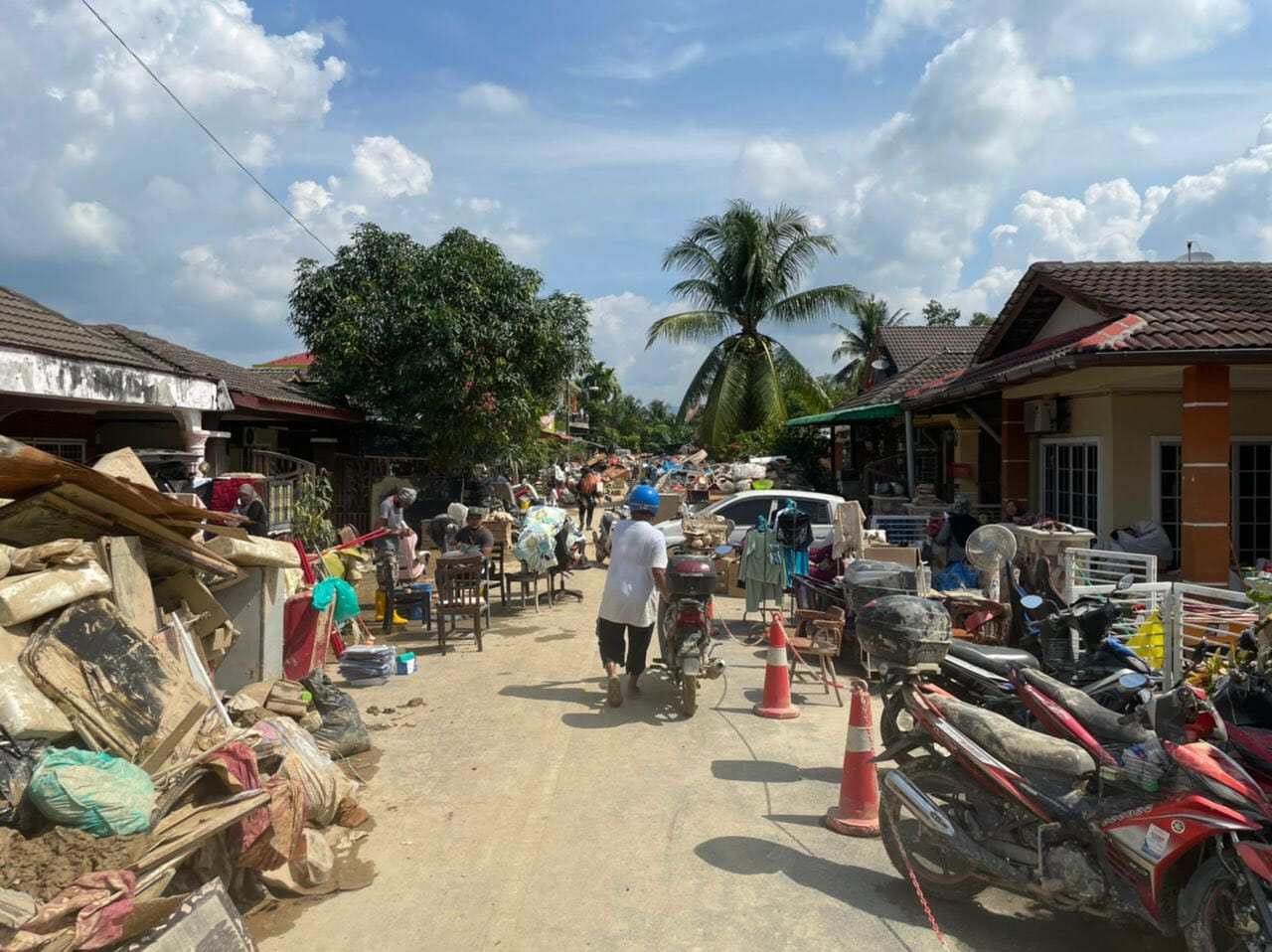The climate change narrative is confusing, extensive, and often left with worrying and frustrating conversations. A phenomenon that did not happen overnight, global warming is a lengthy alteration of the Earth’s climate with the constant increase in Earth’s overall temperature.
Since the 19th century, it was reported global temperature has risen approximately 1 degree Celsius, as a result of carbon dioxide and other greenhouse gases emission from excessive human activities. Due to this temperature change, we are experiencing other effects such as ocean warming, sea-level rise, shrinking of icebergs in Greenland and the Antarctic area, ocean acidification, biodiversity loss, and many more extreme weather patterns. These are putting pressure on species already threatened by other human activities. In Malaysia alone, between 2015 and 2020, the surface means the temperature in Peninsular Malaysia, Sabah, and Sarawak increased by 0.1°C to 0.29°C and is expected to have the same increasing trend each decade. This is attributed to Malaysia producing 422 million tonnes of greenhouse gases in 2016, making it one of the top 25 emitters on the planet at the time. An interesting fact to note, Malaysia has disproportionately high carbon dioxide emissions per capita, at 7.27 tonnes, double Thailand’s 3.64 tonnes, and even higher than China’s 6.59 tonnes as of 2015, this is largely due to our reliance on privately owned vehicles.
An incident that is more recent is the unfortunate flash floods due to the monsoon season in Malaysia back in December 2021 has brought a very heavy toll on Malaysians. Although the flood was said to have been caused by a once in every 100-year heavy rainfall, the rainy season should not be a stranger to our country and yet we have been faced with one of the worst floods in the country’s history. The flood wreaked havoc on people’s homes, vehicles, infrastructure, businesses, and agriculture and caused a total economic loss of RM6.1 billion to the country and the death of over 55 innocent lives. The flood also resulted in the generation of garbage equivalent to the weight of 25,000 adult elephants. Were we not prepared or were we faced with the negative externalities of environmental exploitation?
Sad truth is, that global warming is nothing new. Dire warnings on the matter have been discussed over many years as scientists have tried to convey this message which was unfortunately disregarded or be seen as not that pressing of an issue. Have we actually learned anything from our experience in dealing with climate-related disasters or calamities? Despite the December 2021 flood, Alam Flora recently recorded a 25% increase in solid waste collection, mainly from food waste and single-use plastic. In Kuala Lumpur alone, a total of 40 thousand tonnes of domestic waste was collected On the 20th day of Ramadan compared to 32 thousand tonnes at the same time last year. This is a clear example of blatant disregard and proof that our behaviours have not changed.
However, in recent years, the politics and acceptance of the urgency to reduce climate change or in other words, the acceptance of the reality of global warming has also shifted significantly as more and more people are showing concerns about the need for effective actions and ensuring their part and contribution in reducing and limiting the negative impacts of global warming.
Humanity is experiencing this change year by year; therefore, it is no surprise how people have such strong feelings towards this urgent climate crisis as the time for us to speak and do more is now. We need a tangible action to power. Our mindsets need to transform. To achieve this transformation, we need to start modifying our behaviour. It is not going to be a one-day process, it will take a series of small steps to get there. Every day, do one simple thing. Perhaps we might begin by reconsidering our plastic usage, as plastic waste will pollute our planet for up to 400 000 years. Instead, use reusable grocery bags, reusable food containers, and separate domestic plastic waste for recycling. It is a whole-society approach, and everyone has a part to play. After all, we are the ambassador of the planet earth.
We have seen how humanity has adapted to change and gradually increased its recycling habits. Germany has the highest rate of recycling in the world at 66% with Singapore (60.6%) and Wales (60.2%) just behind Germany. While Malaysia has achieved 31.52% as of 2021 compared to the 2025 target of 40%, which is quite a significant accomplishment. This is evident that humanity can adapt to changes when there is an urgent demand and the right dialogue behind the need for such change. But we also need not be so hard on ourselves, because although the effects of climate change are now inevitable and the consequences of human actions on Earth’s climate are irreversible it is never too late to take action. Every amount of effort to prevent future temperature increases is needed. It is worth taking a step back and reminding ourselves that we, all of us, are remaking our planet and the best way to change the future is to create it. We owe that to our past and future generations.
We have only 8 years until climate change becomes irreversible, we are in a climate emergency now. People need to instill climate change and planetary health in their mindset and it is about adapting to new practices or ways of life. If there is a need to invest more in renewables? Then so be it. If there need to be a carbon trading system to maintain greenhouse gas emissions? Then so be it.
Economic developments for every nation are vital, however, environmental conservation is just as important, if not more. We need to come to realisation that a healthy planet and a healthy economy go hand in hand because our own individual health depends on the health of the planet. Therefore, it is time for us to speak and do more about the necessity and positivity of this balance because the result of such changes is nothing else but a healthier environment for humanity.
Over the years, we have been neglecting our biggest stakeholder, our planet. Now, Earth has become the main objective in our daily affairs and as we try to move towards a sustainable lifestyle, let’s remind ourselves that it is not just about slowing down the globe’s temperature increases or maintaining weather patterns, it is about humanity adapting to these changes for the future. A future where we will have a new climate story, and for the story to continue to be told to the next generations.
Authored by
Wan Faizah Che Din CEO at Amanah Lestari Alam and Adjunct Professor, UNITAR International University
Visit their Facebook page for more info.











